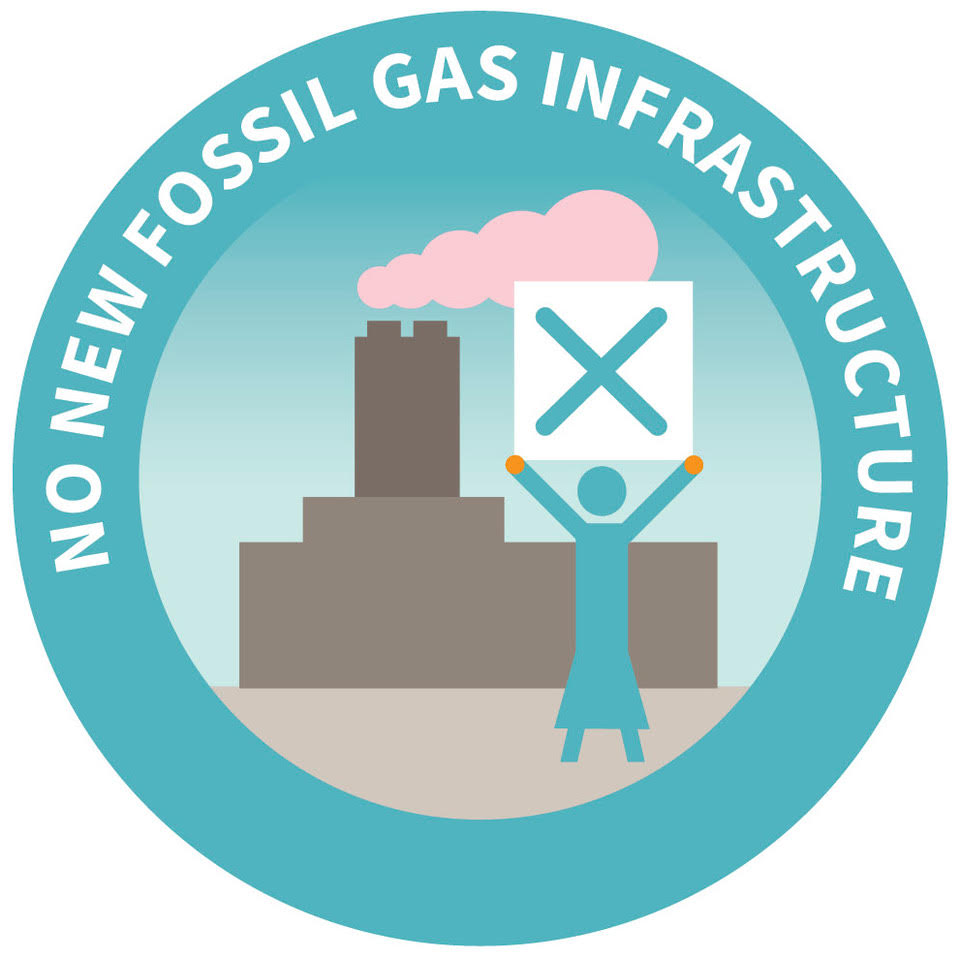Pivotal moment in the transition away from fossil fuels must leave fossil gas behind
Last month, the G7 completed its crucial commitment to end overseas fossil fuel financing by the end of this year.
However, a G7 leaders’ communiqué following the G7 summit introduced a caveat, drafted by Germany, stating “publicly supported investment in the gas sector can be appropriate as a temporary response [to the current crisis]”.
The IEA and IPCC have made it clear that if we are to limit warming to 1.5˚C, there is no room for new unabated fossil gas infrastructure
Any increase in fossil gas cannot be labelled as a green investment, as methane leakage, 70% higher than official figures, brings carbon intensity of fossil gas power in line with that of coal-fired power.
In addition, global fossil gas demand set to decline 55% by 2050. Developing new fields, as suggested by Olaf Scholz during a visit to Senegal, would lock emerging markets (EMs) into fossil fuel developments, with little guarantee of long-term profitability.
The cost of asset stranding and/or early decommissioning of plants could jeopardise economic development. These high levels of transition risk could also constrain borrowing.
Overseas development financing needs to enable sustainable development and be channelled to green investments
The G7 agreement to end overseas fossil fuel funding has the potential to shift about USD33bn a year from fossil fuels to clean energy sources.
Renewable energy sources allow for diversification of energy supply, reducing reliance on imports and exposure to volatility of fossil fuel prices. Solar and onshore wind power are the cheapest new sources of electricity in countries making up almost ¾ of the world’s GDP. More than 60% of total renewable power generation added in 2020 had lower costs than the cheapest new fossil fuel option.
In addition, investing in renewable energy can enable a global just transition. Renewable energy investment creates 3 times more new jobs than fossil fuel investment.
Investment in renewables can also contribute to addressing air pollution, which caused USD2.9tn in health and economic costs in 2018. Climate change impacts will be more severe in EMs. Overseas financing should prioritise sustainable development and just transition of these countries.
The current crisis in energy security needs rapid investment to change the energy mix this year
The timescale for new gas exploration does not match the timescale of the current energy crisis. REPowerEU sets out the EU’s plan to rapidly reduce dependence on Russian fossil fuels, aiming to reduce demand for Russian gas 2/3 by the end of the year. New gas fields can take 5-10 years to be developed and would divert limited funds away from the investments required in REPowerEU.

REPowerEU offers Europe an opportunity to ramp up renewable energy penetration and improve energy efficiency
Energy investments need to ensure adequate energy supply for this winter across Europe. A key opportunity for this is to increase interconnectors across the EU. Ukraine is still producing excess renewable and nuclear electricity, and is feeding this surplus into the European grid. However, a lack of interconnectors means this potential is not being fully realised.
In recognition of the exceptional urgent need for interconnectors to be build this year, strong and interventionist policymaking is required to overcome the extensive planning delays experienced even by Projects of Common European Interest. The IEA estimates that accelerated planning could deliver 20 TWh more renewable energy over this year. An Agora Energiewende pathway for Germany to reach 100% RE electricity consumption in 2035 requires acceleration of planning procedures and immediate reform of grid charges.
REPowerEU aims at energy efficiency gains for immediate reductions in fossil gas demand. The IEA estimates accelerated retrofitting and heat pump installation could reduce heating gas demand by 4 bcm within a year, while turning thermostats down just 1 degree could save 10 bcm.
Limiting global warming to 1.5˚C requires rapid growth in renewable energy investment, from around USD300bn per year over the last decade to USD763bn to USD1.8tn per year this decade.
The last word
Europe and the world need clear and consistent leadership in energy policy: to drive the transition to renewables; reduce dependency on fossil fuel imports; and insulate European citizens from energy price volatility.
This is why Climate Bonds and many others across Europe are calling on MEPs to reject, on 6 July, the Commission’s proposal to include fossil gas and nuclear in the EU Taxonomy and to prevent gas being labelled as a green investment. Not only would this endanger the net-zero transition but also benefit Russian fossil gas, as emphasised by Russian Energy Minister Nikolai Shulginov earlier this year. Ukraine’s ambassador to Germany has urged MEPs to reject the CDA.

